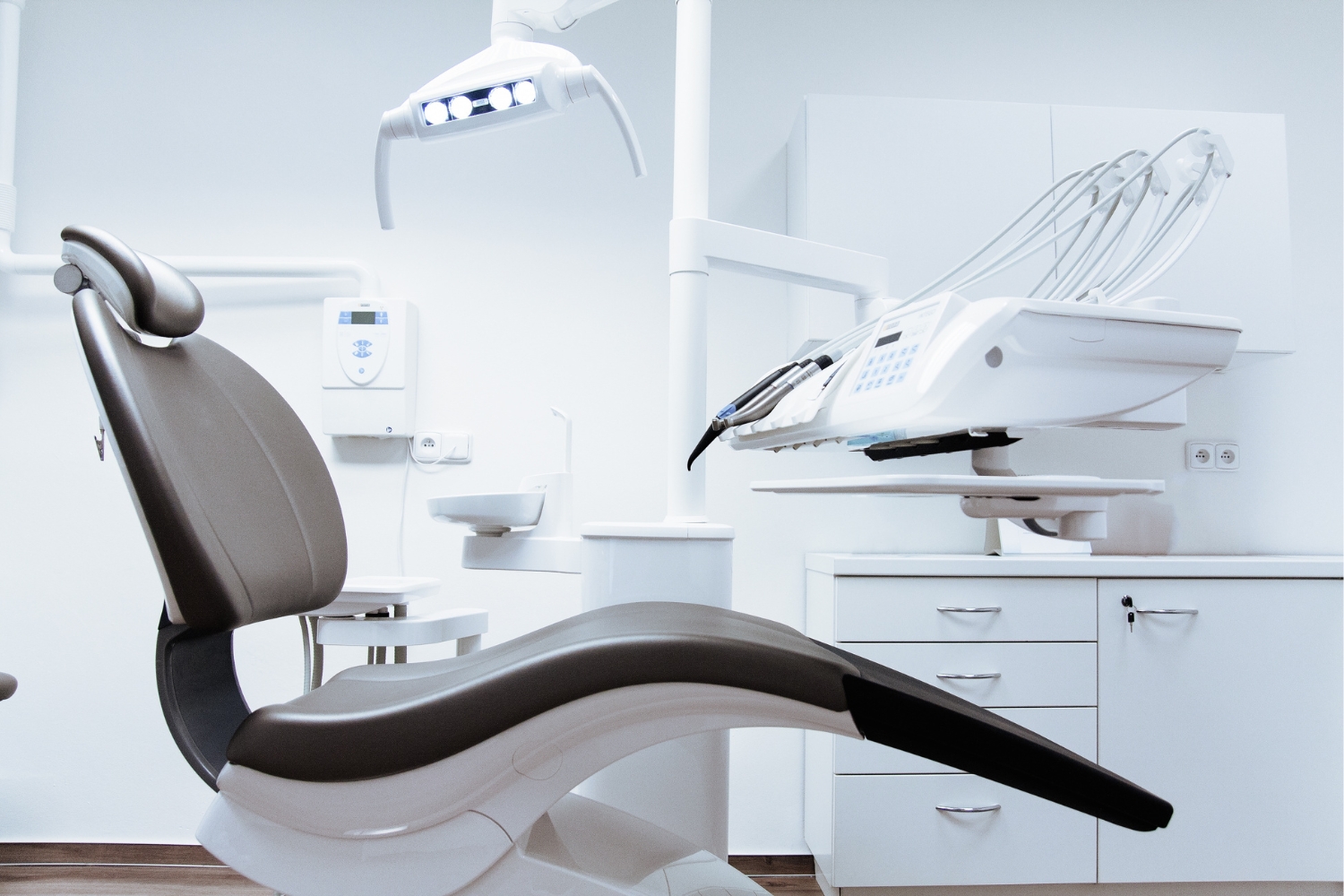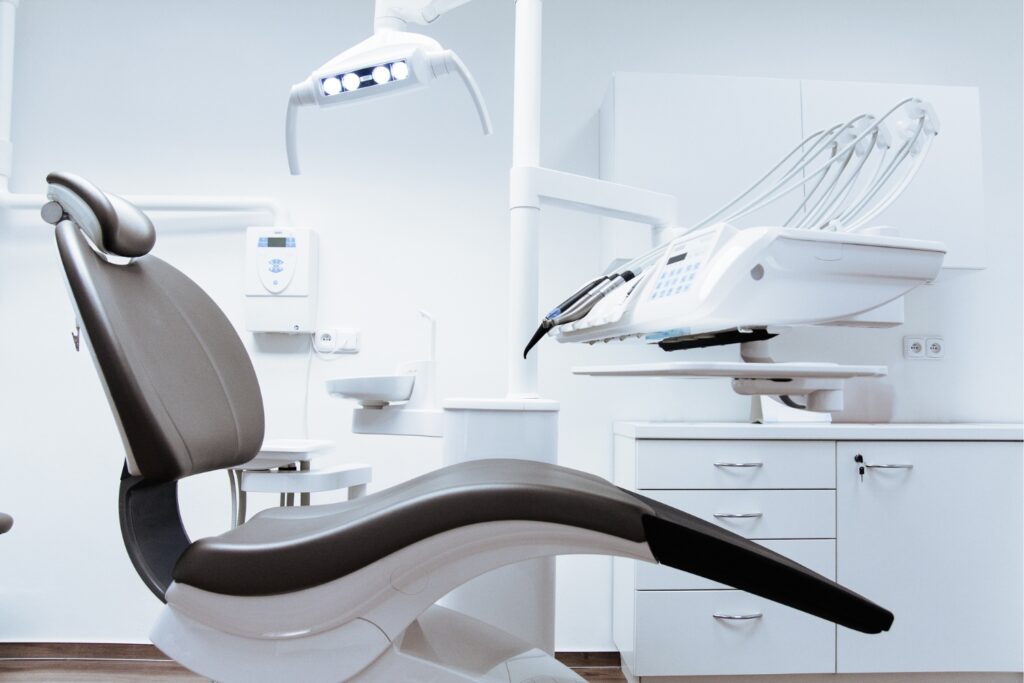Brighten Your Smile with Teeth Whitening
Brighten Your Smile and Increase Your Self-Confidence with Teeth Whitening
Are you looking for a way to freshen up your smile? Teeth whitening services provided by our dentists in Easton, PA are designed to help you achieve a beautiful and natural-looking brighter smile. Our teeth whitening treatments can safely remove most discoloration caused by food and beverage consumption, age, lifestyle habits, or other issues that stain the tooth enamel. Read more to learn how to brighten your smile with teeth whitening with our team at College Hill Dental Group.

Understand the Basics of Teeth Whitening and Its Benefits
A bright and confident smile is a feature that is highly sought after, especially in today’s image-conscious society. Teeth whitening has become increasingly popular among those looking to improve their smile’s aesthetic appeal. This process involves the use of special products or treatments designed to remove stains and blemishes from the teeth, resulting in a brighter and whiter smile. The benefits of teeth whitening are far-reaching, including a boost in self-esteem and confidence, improved social and professional interactions, and overall dental hygiene. It is important to understand the basics of teeth whitening and the various treatment options available to achieve optimal results. By consulting with a dental professional, individuals can take the first step towards achieving a brighter and more confident smile.
Explore Different Types of Teeth Whitening Products Available
For many people, having a bright and healthy-looking smile is a top priority. Teeth whitening products have become increasingly popular in recent years, offering a range of options for those seeking a brighter smile. From whitening toothpaste to at-home kits and professional dental treatments, there are many different types of teeth whitening products available. With so many options to choose from, it can be overwhelming to decide which one is right for you. It’s important to do your research and consult with a dental professional before beginning any teeth whitening regimen, as some products can cause sensitivity or harm if not used properly. However, with the right product and guidance, teeth whitening can be a safe and effective way to achieve a brighter, more confident smile.
Determine Which Type of Teeth Whitening is Right for You
Achieving brighter, whiter teeth is a common goal for many people. However, determining which type of teeth whitening is right for you can be overwhelming. With so many options available, from over-the-counter products to professional treatments, it’s important to understand the differences and weigh the pros and cons of each. Professional teeth whitening performed by a cosmetic dentist is generally the most effective and long-lasting option, but it can also be the most expensive. At-home treatments, such as whitening strips or trays, may be less expensive but take longer to achieve desired results. It’s important to consult with a dental professional to assess your individual needs and discuss the best treatment options for you.
Consider Professional Teeth Whitening Services
A bright and dazzling smile is often seen as a reflection of good health, confidence, and beauty. However, life’s everyday activities such as drinking coffee or tea, smoking, and even consuming certain foods can stain teeth and make them lose their luster. This is where professional teeth whitening services come into play, offering a safe and effective solution to restore a radiant and youthful smile. With the expertise of dental professionals, state-of-the-art technology, and high-quality whitening agents, clients can achieve results that surpass those of over-the-counter products. Moreover, professional teeth whitening services are tailored to an individual’s unique needs, ensuring that the treatment is personalized and fits their lifestyle. So, if you’re searching for a reliable and long-lasting teeth whitening solution, consider investing in professional services to attain the stunning smile that you deserve.
Practice Good Oral Hygiene Habits to Maintain a Whiter Smile
Maintaining a healthy, white smile is an essential part of good oral hygiene. Daily habits such as brushing, flossing, and regular check-ups with your dentist can prevent a host of oral health problems, including yellowing teeth. Brushing your teeth twice a day with a fluoride toothpaste and flossing once a day can help remove food particles and plaque that contribute to tooth discoloration. Moreover, limiting your consumption of coffee, tea, and other staining beverages can also help maintain a brighter smile. Let’s not forget to visit your dentist for professional teeth cleaning and occasional teeth whitening treatments to further enhance your smile’s radiance. Putting these oral hygiene habits into practice can lead to not only a whiter but healthier smile.
Follow Post-Teeth Whitening Guidelines to Keep Your Smile Looking Bright
A bright, white smile is a goal that many of us strive for, and professional teeth whitening treatments have become increasingly popular as a way to achieve it. However, maintaining the results of these treatments requires some effort on your part. Following post-whitening guidelines is key to keeping your smile looking bright for as long as possible. These guidelines typically include avoiding certain foods and drinks, practicing good oral hygiene habits, and scheduling regular dental checkups. By following these guidelines, you can enjoy the benefits of your teeth whitening treatment for months or even years to come.
Contact Us Today
As you can see, there are many advantages to whitening your teeth. Knowing the basics of teeth whitening and understanding the different products available will help you decide which method is right for you. Utilizing professional teeth whitening services may be the best approach for brightening your smile, as they provide expert care with fast results. To make sure your smile stays looking its best, remember to practice good oral hygiene habits following a teeth whitening treatment. If you’re interested in achieving that perfect pearly white smile, contact us today at College Hill Dental Group to schedule an appointment and start on the path to a brighter grin. With the proper knowledge and up-to-date tips on teeth whitening treatments, you can keep your smile healthy and dazzling!



















